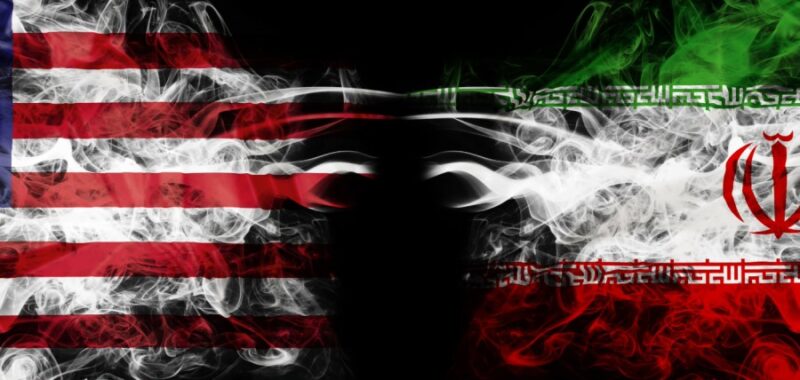
For the first time in over a decade, the U.S. is conducting Iran negotiations with its Arab allies — not just around them.
This marks a strategic shift from the Obama-era nuclear deal, which was widely viewed in the region as a fait accompli delivered from Washington and met with deep skepticism in Arab capitals.
This time, the talks took place in Oman, a trusted regional mediator. But more important than geography is coordination. The Trump administration is keeping Saudi Arabia — a longtime counterweight to Iranian influence — in the loop at every step. It reflects a growing recognition in Washington: The last deal failed, in part, because it excluded the people most likely to live with its consequences.
The shift began under President Trump’s first term. Although his foreign policy was often derided as chaotic in Washington, it was interpreted very differently in Riyadh, Abu Dhabi and Manama. Arab leaders understood Trump’s approach: transactional, blunt and clear. You give something, you get something. No lofty speeches about democracy. No mixed messages.
Trump’s decision to withdraw from the Joint Comprehensive Plan of Action (JCPOA) in 2018 signaled a hard break with previous administrations. He was willing to confront Tehran directly and cut deals with regional players based on shared interests rather than lofty moral ideals. That precedent stuck. His new team has retained the president’s strategic clarity — especially when it comes to regional buy-in.
Reports now suggest Washington is close to finalizing a nuclear cooperation agreement with Saudi Arabia. If signed, it would allow the Kingdom to pursue a civilian nuclear program under U.S. supervision — a move that goes far beyond symbolism. It would tie the United States directly to Saudi Arabia’s long-term energy and security infrastructure, offering a new model for alliance-building in the Middle East.
More than that, the U.S. is preparing to provide Riyadh with advanced American weapons, creating not just a military partnership but a credible deterrent against Iran. Tehran’s power has long depended on the perception that its neighbors are divided, weak or both. But if Arab states like Saudi Arabia begin to coordinate more closely with the U.S., that equation changes dramatically.
All of this points toward a larger regional realignment. There’s renewed speculation that Saudi Arabia could eventually join a version of the Abraham Accords, the U.S.-brokered normalization agreements between Israel and several Arab states. Riyadh has so far treaded carefully, but behind the scenes, defense cooperation, intelligence sharing and economic integration are already underway.
The result? A more tightly knit coalition built not on ideology but on shared threats and mutual interests. This isn’t peace in the traditional, treaty-based sense — it’s peace through power balancing.
But not everyone in the region is moving in lockstep. Inside Israel’s intelligence community, there’s division over how much pressure to apply to Tehran. Some analysts argue that the regime is already fragile and that further provocation could spark its collapse.
A post-regime Iran, they warn, could spiral into chaos: a nation of over 80 million people, fragmented by ethnicity and ideology, with no clear path forward. Civil war is not out of the question. For Israel, that’s a worst-case scenario. For the U.S., it’s a potential invitation to yet another boots-on-the-ground conflict — something Washington has no appetite for after the long wars in Iraq and Afghanistan.
What makes this moment different isn’t just a tougher stance on Iran. It’s a more inclusive one. The U.S. isn’t trying to reshape Iran through idealism or force. It’s building a strategic box around it — one reinforced by diplomacy, regional partnerships and credible deterrence.
The lesson from the last decade is clear: when you cut deals over the heads of regional players, the result is mistrust, instability and broken agreements. This time, the Arab states are not only in the room, they’re shaping the agenda. And that may be the only way to build a Middle East that doesn’t require constant U.S. intervention to stay standing.
Faisal Saeed Al Mutar (@faisalalmutar) is founder and president of Ideas Beyond Borders.

